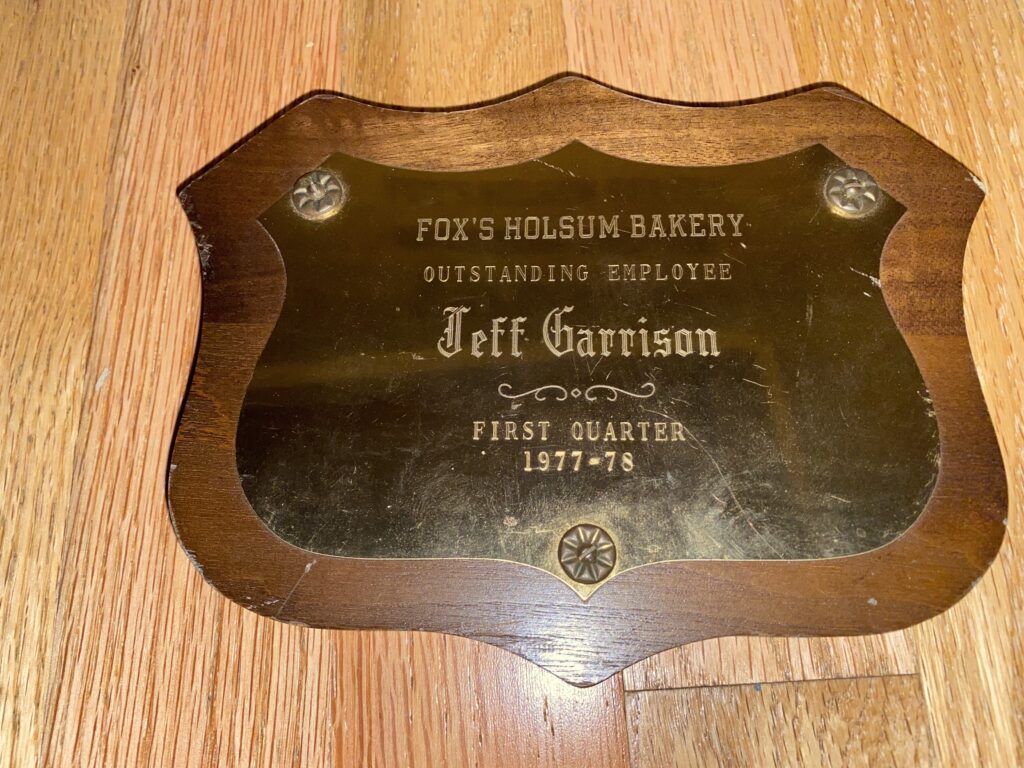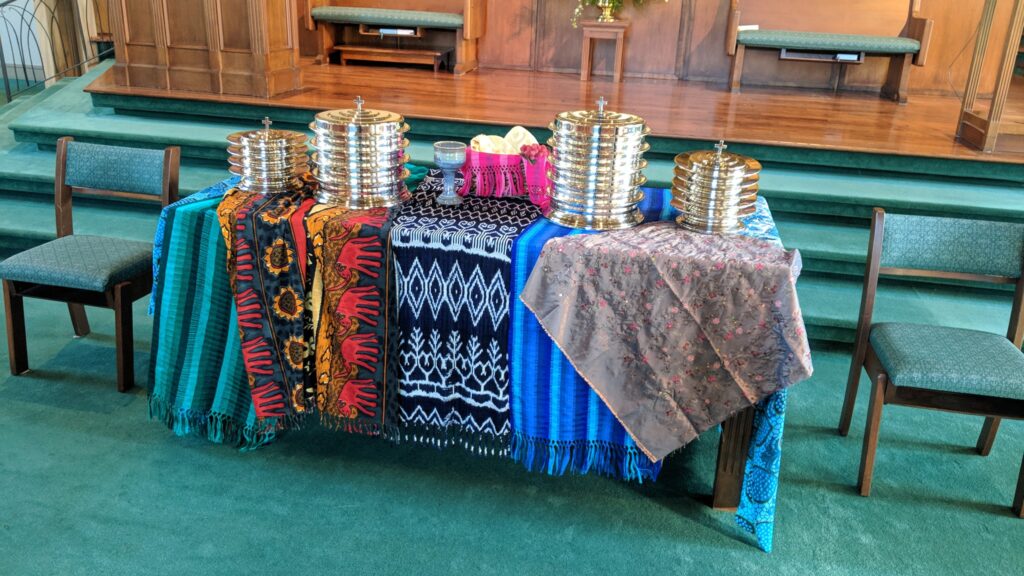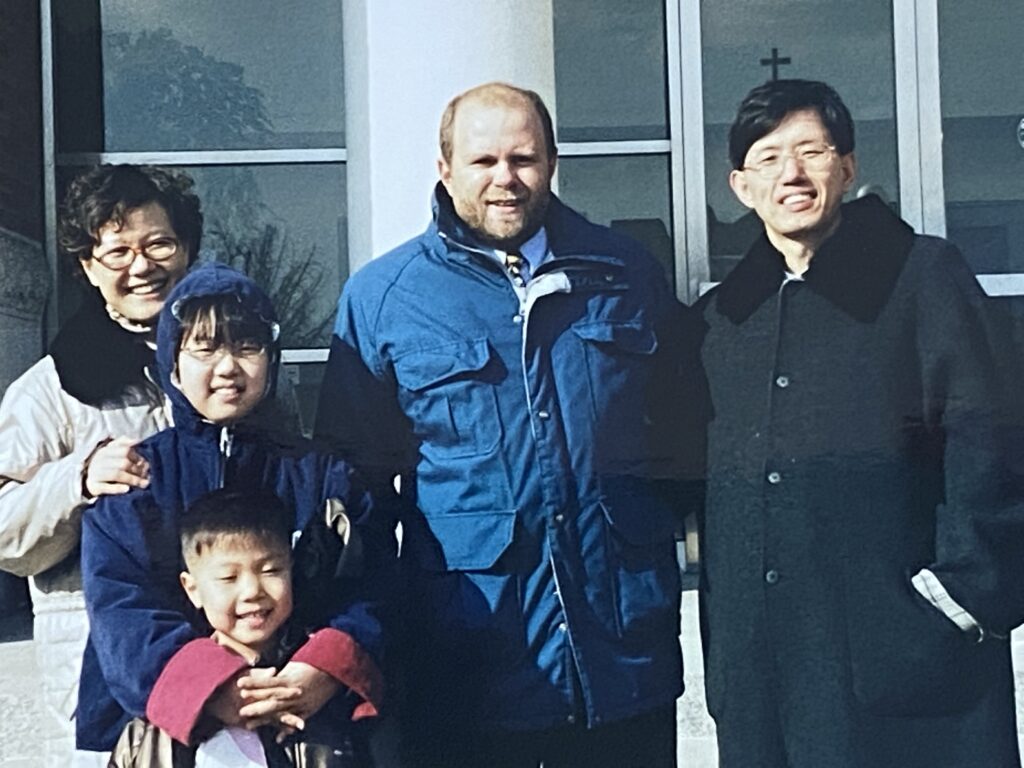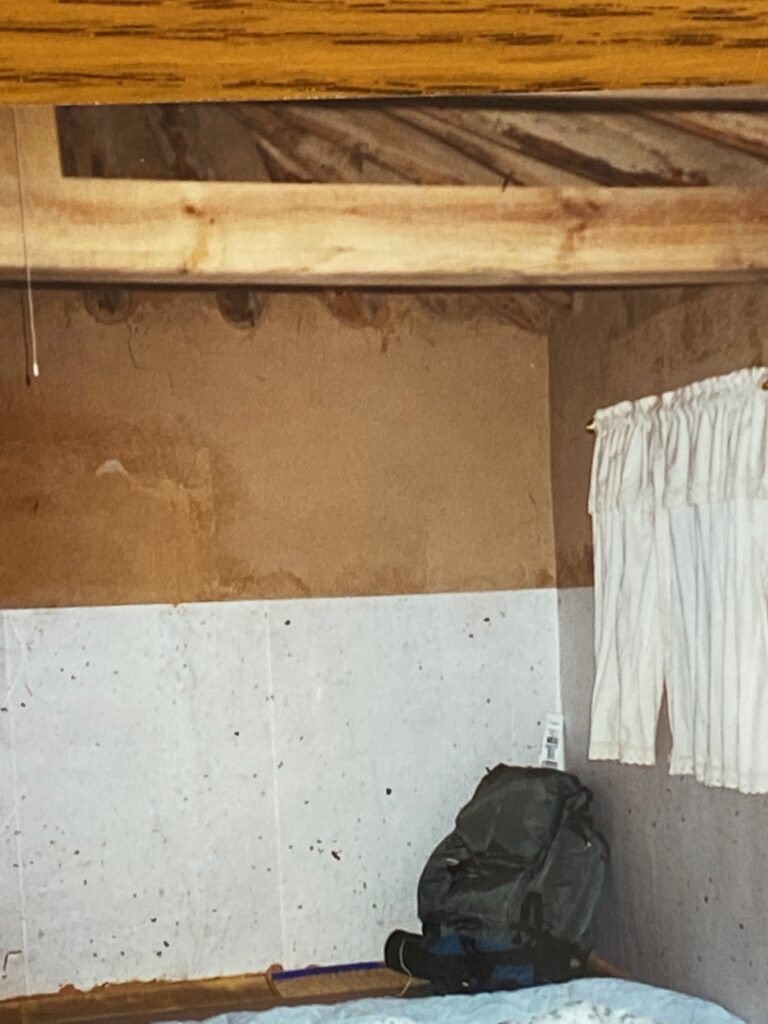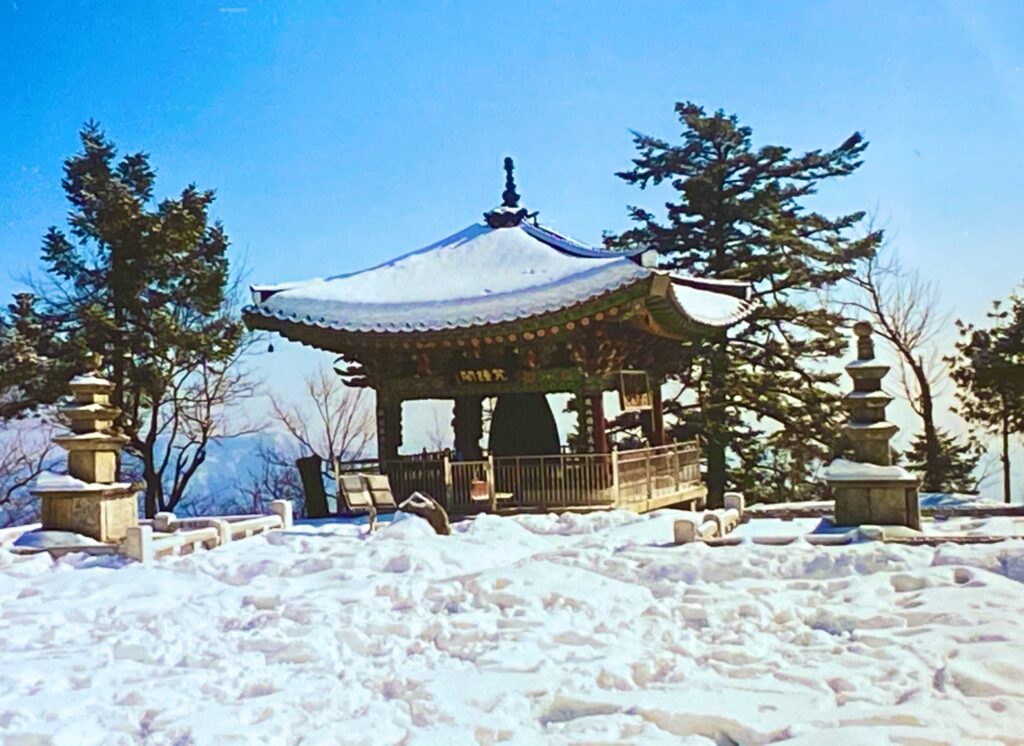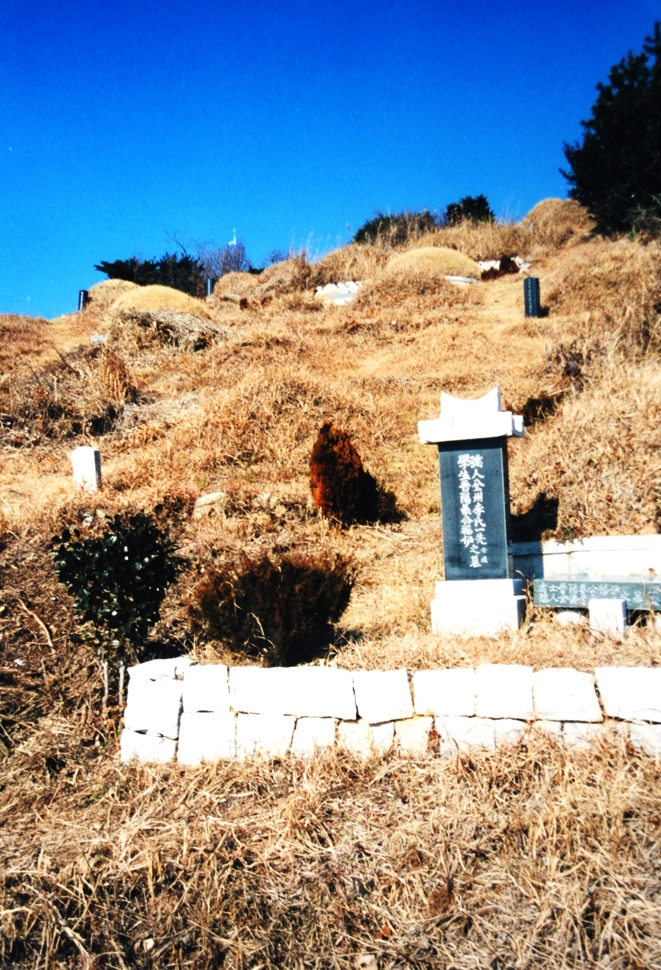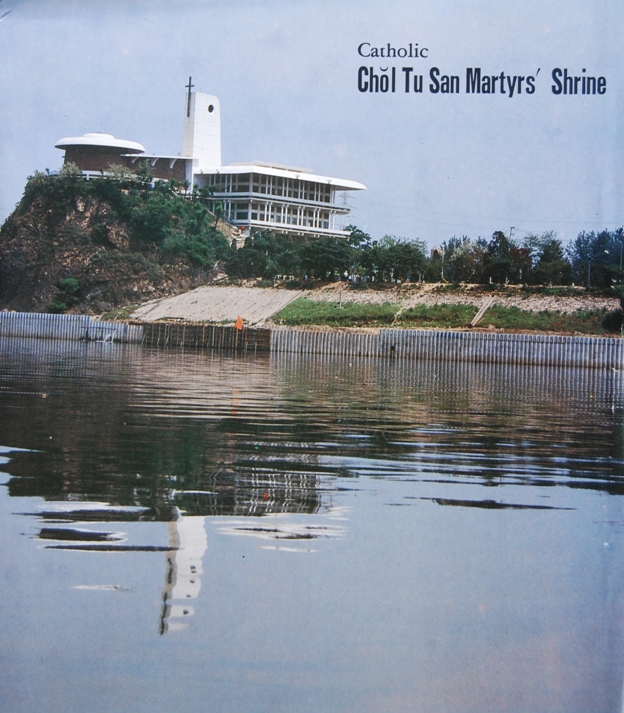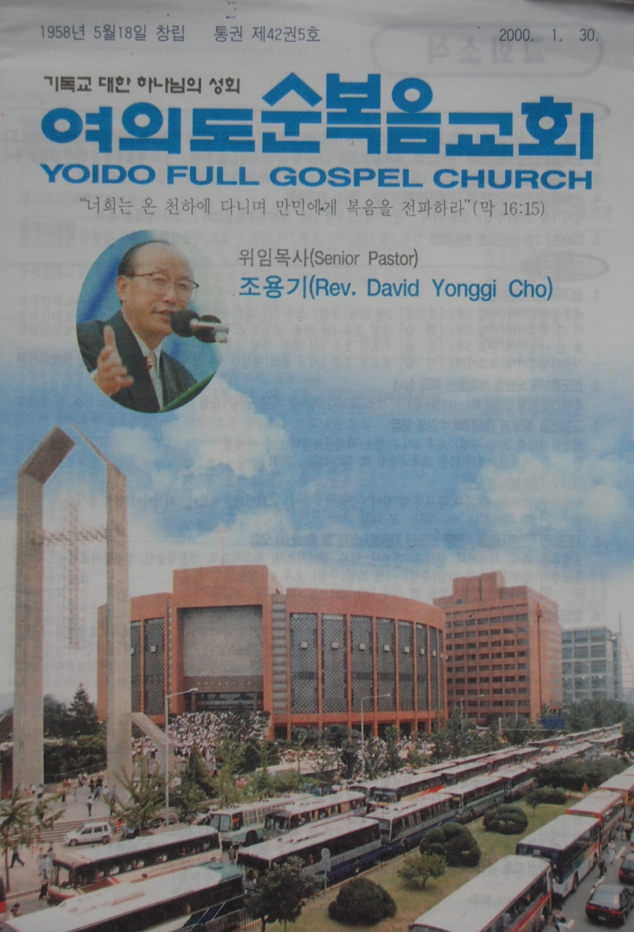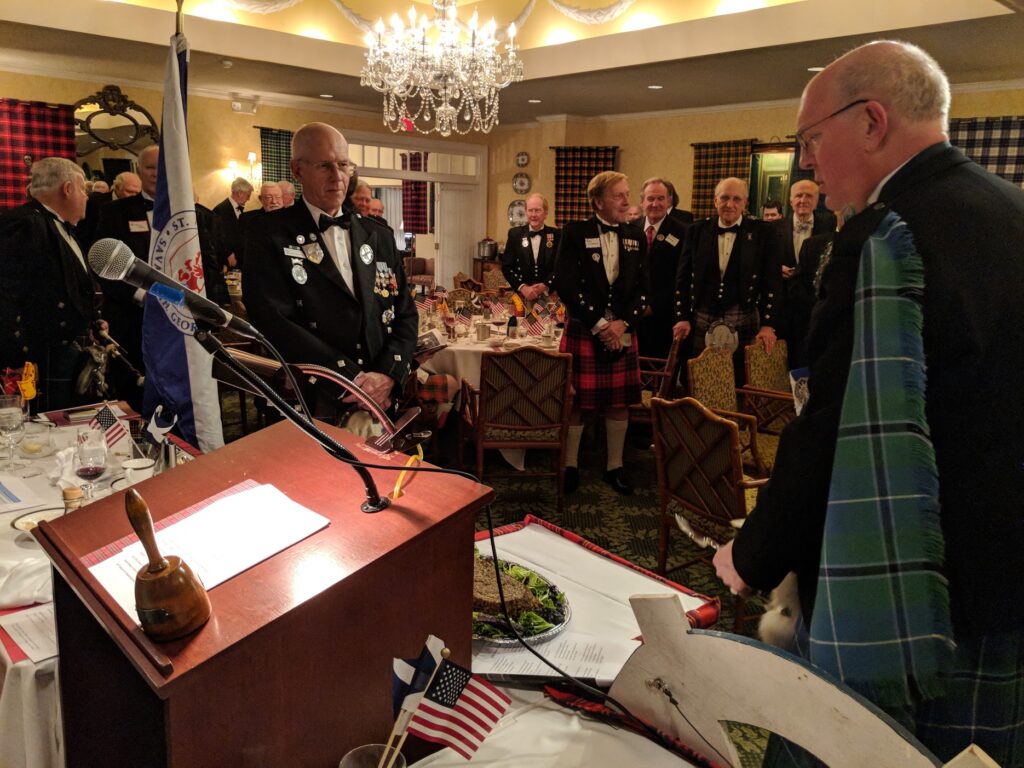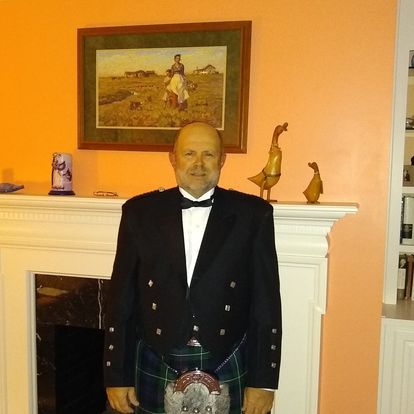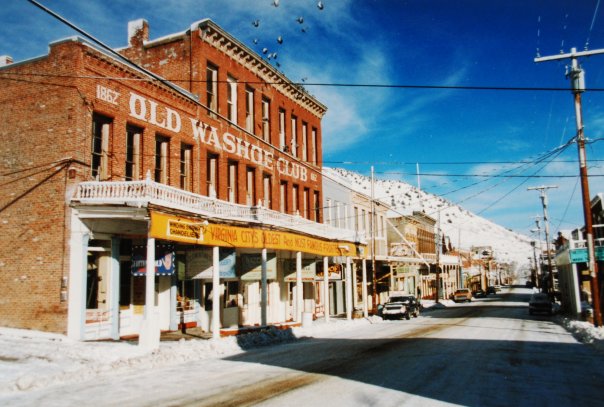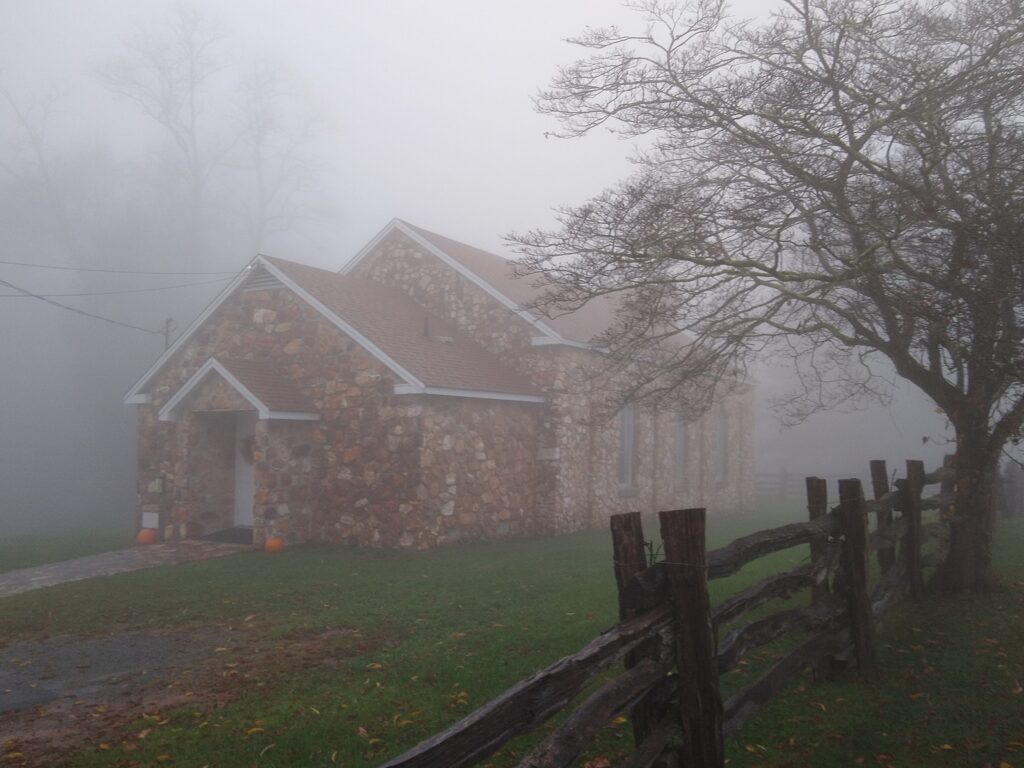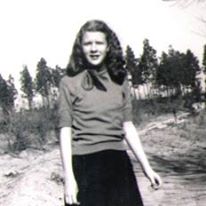Series introduction
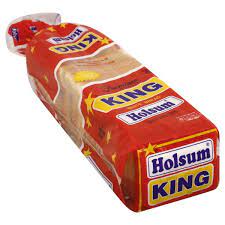
In the summer of 1976, I began working at Fox Holsum Bakery in Wilmington, NC. I had just finished my first year of college. For the summer, I had a job traying bread. At the end of the summer, as I wrote about last week, the plant manager asked if I would be interested in continuing to work on second shift. This allowed me to work full time, while also attending college. During my senior year of college, they promoted me to supervision. I continued with the banker for almost two years after graduation, when I decided to take a major pay cut and go to work for the Boy Scouts of America.
The bakery no longer exists even though the building and the flour silos along the railroad tracks were still standing a few years ago when I rode by the plant. I hope to rework a number of essays I’ve written about some of the characters I knew during this period of time. Over the next few months, as I work on them, I will post them here.
Story 1: Coming of age in the bakery
Story 2: A college boy in the bakery
Harvey and Ernest
I inherited Harvey and Ernest a few days after I graduated from college. With four years of college under my belt and a philosophy degree to hang on the wall, I decided not to even look for other employment. Of course, now that I’d graduated from college, my schedule was more flexible. When they recruited me to stay on after that first summer, they promised to keep me on second shift so that I’d be able to attend school in the mornings. This worked well, but once I’d graduated, they wanted me on the night shift. I had to pay my dues. Harvey was my oven operator and Ernest ran the pan-stackers. Although they were as different as night and day, I liked both of them.
Ernest also went by “Rerun” This was based on the character played by Fred Berry on the popular 70s TV show, “What’s Happening.” Both Ernest and Berry were comical, overweight, and Africa-American. Harvey was a skinny, aging, white-guy, clueless about the world. As their 22-year-old supervisor, I was almost as clueless as Harvey.
A night in the bakery
My day began around mid-night, when I came in the plant and spent the first hour developing schedules. Then the first part of my shift reported. In the mixing room was Roosevelt on the mixers and Frank running the make-up equipment that took the dough, shaped it, and placed it into pans. Ernest and Harvey worked in the background, which comprised about half the plant with just the two of them. Ernest ran the panstackers, while Harvey oversaw the operation of the oven and proof box, each the size of a house.
The machinery Ernest managed placed the pans on the conveyor that transported them into the mixing area. Havery’s first hour was more laidback. He turned on the steam into the proof box and lighted the oven’s burners (the oven had about forty burners in it).
For the next three hours, it was just the five of us. Roosevelt would start mixing the dough while Frank set up the equipment. In the back room, Ernest kept count of the number of pans needed for each size and type of bread. When the first dough dumped from the mixer (which had a capacity of 2400 pounds), the operation started. The plant was mostly automatic. A pump drew the dough out of the trough and into the divider, that cut the dough into loaf sizes. From there, the rounder snapped the dough into a ball. Then, running through sheeters and moulders, to create a loaf. The dough dropped into a pan and conveyed over to the proof box.
This automation continued as a conveyor ran the pans from the proof box to the oven, then out of the oven and through a depanner. From there the bread went through a cooler, while the pans returned to the mixing area for more dough.
At four in the morning, Bobby and his crew came in to run the slicers and baggers. Timing was everything. A few minutes after four, bread that had been cooled enough to be sliced, marched on the conveyors out of the cooler and toward the slicers. Afterwards, the bread was stuffed into bags. If all ran well, the first-time human hands touched the product was when the wrapped loaves were placed on trays and sent to the shipping department. We could produce 5000+ pound loaves or 4200-pound-and-a-half loaves of bread an hour.
Ernest sleeping on the job
The one similarity Ernest and Harvey shared was solitude. For the most part, they wanted to do their job and be left alone except for an occasional break to smoke a cigarette. They were both good at what they did. Once Ernest had things running smoothly, he’d lean against the machinery and rest. From then on, his role was to clear jams and troubleshoot problems. I knew he’d developed the skill of sleeping upright against the machines. Any change in vibration would immediately wake him. He’d fix the problem and then return to his nap.
Of course, Ernest insisted he never slept. I wasn’t troubled by it for I knew Ernest always got his job done. But for some reason, I also felt I had a point to prove. One morning, while he was napping and the machines humming smoothly, I found a piece of twine and some fabric and fashioned a tail, much like you make for a kite. I tied it to a belt loop on the back of his pants. Ernest snoozed. Once he woke, he couldn’t see it; he was too big. Over the next several hours, quite folks in the plant all made a trip back to his area to see his “tail.”
Ernest wasn’t too happy with me when I asked if he grew the tail while sleeping on the job. Thinking back, it wasn’t a very nice joke. It was also dangerous considering the equipment we worked with. In time he forgave me, and I stopped hounding him about sleeping.
The education of Harvey
Harvey worked in the most isolated part of the plant. Ernest was located near the receiving docks, so he’d often see people walking by. Few people walked by Harvey’s workstation. Except for the supervisor or a mechanic, one either wanted to see him, were lost, or were trying to hide. Harvey oversaw the most automotive section in the plant. As I wrote in the last piece, when things worked properly, it was a breeze. When something went wrong, such as a jam in the oven, Harvey just didn’t call for help. He hit a button. This set off a horn heard throughout the bakery, summoning mechanics, and me to drop whatever we were doing and run back to the oven. A major malfunction at that point in production meant we had only a couple of minutes to get things going before losing thousands of loaves of bread. Luckily, things kept humming most of the time.
The mechanics often spent time with Harvey, making minor adjustments, watching to make sure things were running okay, and at times, avoiding other work. A couple mechanics took it upon themselves to educate Harvey, something that nearly six decades of life had failed to do. Pornographic magazines, often very graphic, were utilized as textbooks. I was spared their instruction, being in management, but I always knew when Harvey had received a lesson. He’d be beside himself and would start babbling to me about it. “You wouldn’t believe what that girl was doing,” he’d say. “Why would someone do that,” he asked? Although I don’t think he was a religious man, the general depravity of the human race greatly troubled Harvey.
Working on Ernest’s Cadillac
Another memory I have of Harvey and Ernest happened early one morning. We’d been having trouble with people breaking into cars parked outside the plant, especially older vehicles which didn’t have hood latches inside the car. On these vehicles, the thieves didn’t have to get into the car to pop the hood and steal the battery. Ernest drove a big old dark-green Cadillac. To keep it safe, he’d park on the street, right next to the loading dock and under a streetlight. This morning, about 1 AM, as I was going over the schedule with Ernest, telling him how many of what type of pans we’d need, Harvey went out on the loading dock for a smoke. When he returned, he asked Ernest, without sensing anything wrong, “Who’s working on your car this time of night?” Ernest took off out the door like a locomotive, cussing and screaming. The guys stealing his battery dropped their tools and took off. Harvey had no clue; Ernest gained a pair of pliers and a wrench.
I talked to the police. They told me to mark the batteries. A battery with identifying mark indicating its owner made it difficult to be sold. Salvage yards had police to check such batteries. I purchased an engraver and offered to write the license plate numbers on top of my employees’ car batteries. Word about this quickly spread around the neighborhood. I don’t remember any more batteries stolen afterwards.
Thinking back, 40 years later
I worked the night shift for a year and would stay at the bakery for another year after that. I still think about those guys and wonder whatever happened to Ernest and Harvey.


